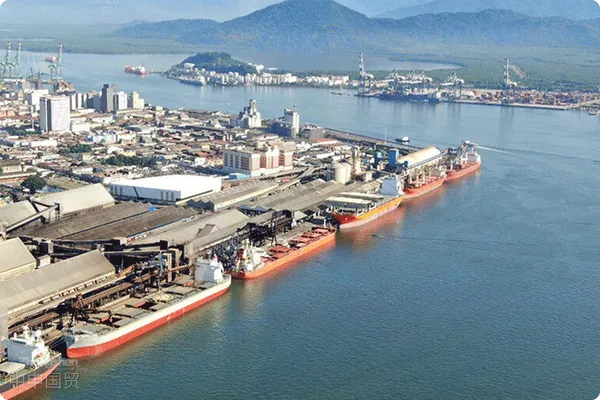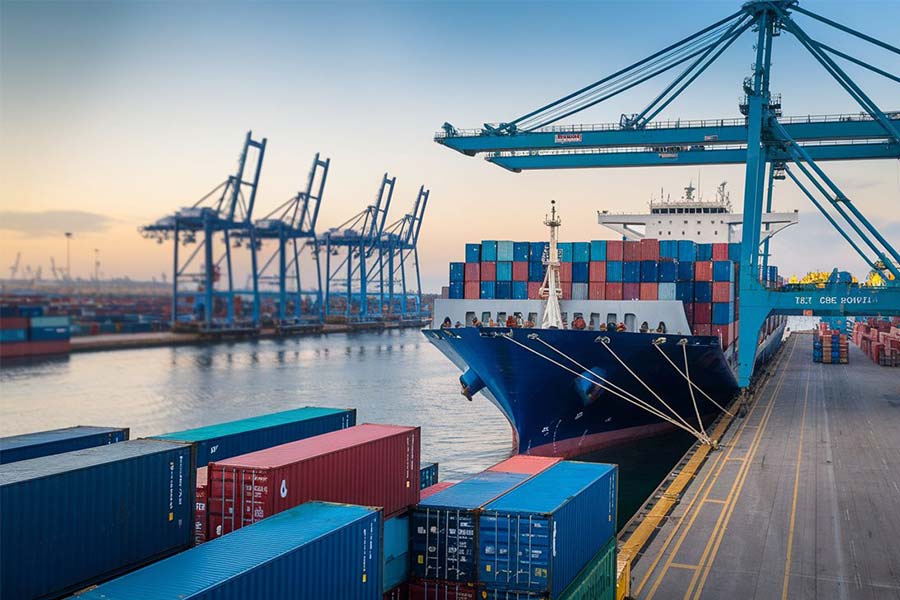- Shanghai Zhongshen International Trade Co., Ltd. - Two decades of trade agency expertise.
- Service Hotline: 139 1787 2118

Contents
ToggleThe special requirements for the bidding of imported equipment.
In high-end manufacturingEquipment ImportsIn the field, bidding agencies undertake specialized functions such as technical specification conversion, international standard adaptation, and tariff classification confirmation. According to the "Administrative Measures for International Bidding of Mechanical and Electrical Products" set to be implemented in 2025, service providers must simultaneously possessimport and exportEnterprises need to have legal import and export qualifications, including:,Bidding Qualification for Electromechanical ProductsandCross-border payment channelThree fundamental capabilities.
Key Points for Core Qualification Verification
- Legal Business Certificate
- Registration Certificate for Import and Export Rights (The 8th digit of the customs code is "1")
- International Bidding Agency Qualification Certificate for Electromechanical Products (Class A/Class B)
- Professional capability certificates
- Import cases of similar equipment in the past three years (customs declaration number required).
- The technical team holds the number of CCMS-certified engineers.
- Risk prevention system
- Minimum 50 million yuan professional liability insurance
- Compensation Terms for Equipment Parameter Misjudgment
Identification of Common Bidding Service Traps
Market research indicates that 34% of enterprises have encountered issues with proxy services:
- Risk of Qualification Affiliation:Bidding using qualification documents of another company
- Parameter distortion quotation: Deliberately lowering technical parameters to circumvent regulation
- Liability Transfer Clause: Transfer the inspection risk to the purchasing party
2025 Agency Selection Strategy
In line with the latest policy requirements, a four-step screening method is recommended:
- Step 1: Basic Qualification Verification
- Please verify that the validity period of the electromechanical bidding qualification extends beyond 2026.
- Confirm the classification as a Category A enterprise by the State Administration of Foreign Exchange.
- Step 2: In-depth Case Study
- Please provide the customs clearance records for similar equipment from the past two years.
- Inspection technology deviation handling success rate
- Step 3: Contract Risk Review
- Establish a clear dispute resolution mechanism for technical parameters.
- Agreed exchange rate fluctuation cost-sharing ratio
- Step 4: Dynamic Capability Assessment
- Verify the mastery of the 2025 new edition HS codes.
- Confirm the application experience of RCEP rules of origin.
Suggestions for Addressing New Regulatory Requirements
Regarding the implementation scheduled for 2025,Intelligent Monitoring and Control System for Electromechanical EquipmentA high-quality agency should possess:
- 3D data modeling capability (meeting customs visual inspection requirements)
- Pre-certification Service for Equipment Energy Efficiency (Compliant with the EU New Energy Labeling Regulations)
- Cross-border blockchain application experience (improving document circulation efficiency)
Related Recommendations
? 2025. All Rights Reserved. Shanghai ICP No. 2023007705-2  PSB Record: Shanghai No.31011502009912
PSB Record: Shanghai No.31011502009912










